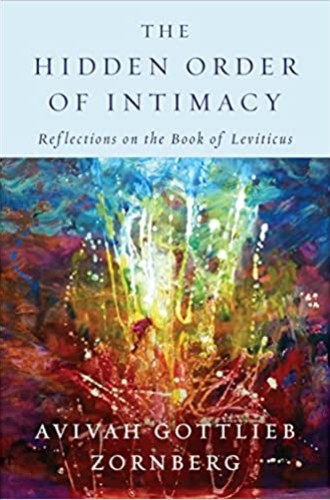Avivah Zornberg finds the plot of Leviticus
The eclectic scholar masterfully uncovers the subterranean threads and tensions that underlie this nonnarrative text.
Read Mordechai Beck's interview with Avivah Zornberg.
Most readers think Leviticus is about dull things: priests and their sacrificial offerings, blood taboos and bodily fluids, the holiness code. In her new book, Avivah Zornberg shows that there is more to the story. She masterfully uncovers the subterranean threads and tensions that underlie the written text of the myriad laws and rituals encompassed within the third book of the Bible.
There is no way to precisely describe or distill Zornberg’s methods. She is an eclectic scholar who trained with her Orthodox rabbi father at home in Glasgow, at the rigorous Gateshead yeshiva in England, and in the English department at the University of Cambridge, where she earned a PhD. She makes use of traditional Jewish texts as well as literary and psychoanalytic sources, creating a unique exposition of each part of the Bible she tackles. So far, she has written on Genesis (The Beginning of Desire), Exodus (The Particulars of Rapture), Numbers (Bewilderments), Moses (Moses: A Human Life), and various other biblical characters (The Murmuring Deep).






